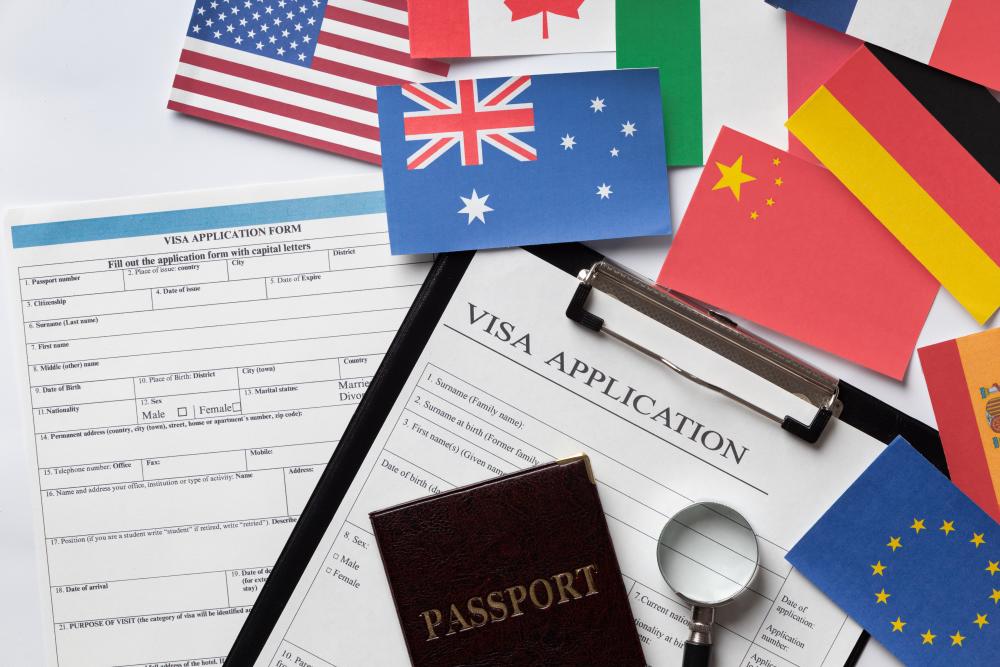PETALING JAYA: A dual citizenship policy will have positive and negative implications for the country, said a lawyer, who added that a deeper study is required before finalising its implementation.
Kokila Vaani Vadiveloo said a dual citizenship policy could address the ongoing brain drain, which has been plaguing Malaysia, provided it is implemented under suitable conditions.
In September, Prime Minister Datuk Seri Anwar Ibrahim said dual citizenship would be discussed after further evaluation as it involves major policy decisions.
“The foreign minister and the home minister will prepare working papers and discuss the implications.
“For now, we do not take sides. But because there is a demand, we will look into it and see if we need to adopt it,” Anwar said.
Kokila added that implementing dual citizenship would help in skilled manpower requirements and contribute to advancing the country’s entry into highly skilled industries.
“Having dual citizenship would also allow individuals to work and travel between countries where they have citizenship without a visa or permit.
“Malaysian professionals could seek work in both countries, and foreigners would not have to go through a lengthy process to apply for a work permit.
“They will also be exempted from restrictions that are usually imposed on foreign business individuals.”
She said the Malaysia My Second Home programme, which allows foreigners to reside in Malaysia on a renewable long-term pass, has proven to have benefits.
“The programme has stimulated Malaysia’s economy with a cumulative gross value-added income of RM11.89 billion from 2002 to 2019.
“The sum was gained through visa fees, property purchases, personal vehicle purchases, fixed deposits and monthly household expenditure. This revenue could increase substantially if a dual citizenship policy is implemented, with more high net worth citizens living in the country.”
However, on the negative side, she said dual citizenship holders, who are based primarily in another country may opt to pay taxes in their country of domicile and not in Malaysia.
“This will defeat any potential tax benefits that could be gained from dual citizenship.
“It may even reduce tax revenues if dual citizenship holders are not present in the country to contribute to consumption taxes.”
Kokila said another benefit of dual citizenship is the ability to own property in either country.
“Foreigners would be entitled to purchase any property of their liking and not be restricted to purchases within a certain price band.”
On the negative side, this scenario will also allow them to snatch up affordable housing that is currently out of their reach.
Kokila said despite numerous benefits, there are other disadvantages if the policy is implemented without a proper study.
“While it may allow foreigners to become Malaysian citizens, this similarly applies to locals having the same privilege in other countries.
“So, we could see a reduction in available Malaysian manpower if our own citizens feel inclined to migrate and work elsewhere.
“The government has to assure the public that dual citizenship would bring more economic and social benefit to the country, and that it far outweighs any potential negatives,” she said.









